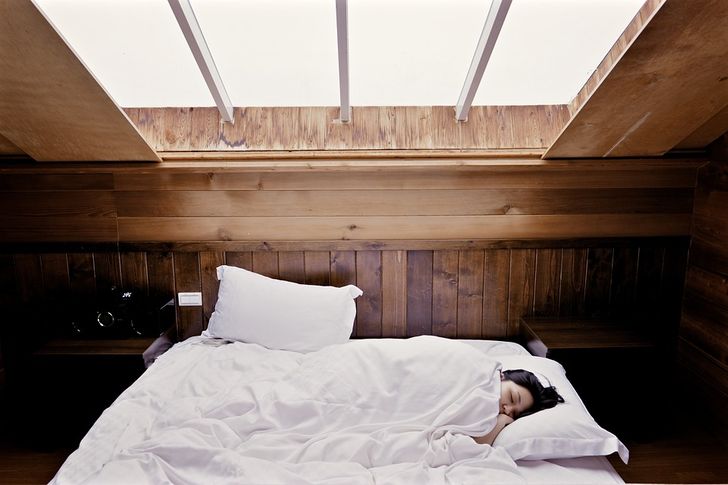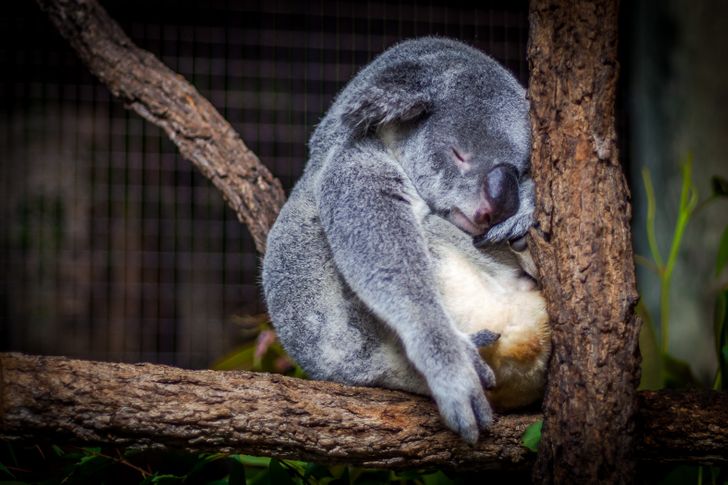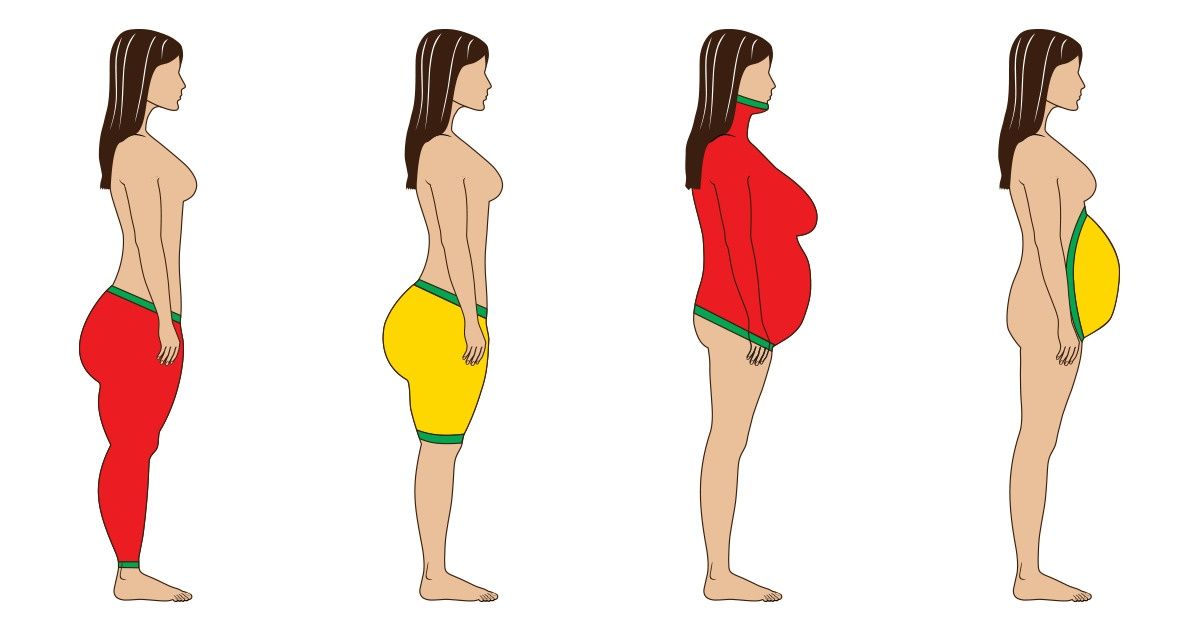Aging is a natural process, but did you know that certain everyday habits can secretly speed up the aging process? While many of us focus on anti-aging creams, expensive treatments, and rigorous skincare routines, we often overlook subtle lifestyle choices that significantly impact our overall health and appearance. In this comprehensive guide, we’ll explore 8 surprising habits that are causing you to age faster. Backed by scientific research and expert advice, we’ll dive into how these habits affect your body and provide practical tips for reversing their effects.
Aging faster isn’t just about wrinkles or graying hair—it’s also linked to overall vitality, energy levels, and longevity. By identifying and addressing these hidden culprits, you can take proactive steps to preserve your youthful glow and improve your long-term health. Read on to uncover the secrets behind these habits and discover actionable anti-aging strategies that you can start implementing today.
Habits Make You Age Faster
Low-fat Diets: The Hidden Danger of Skimping on Healthy Fats

In the quest for a healthier lifestyle, many people adopt low-fat diets. While reducing unhealthy fats is important, eliminating or drastically reducing healthy fats can have unintended consequences on the aging process. Essential fatty acids like omega-3s are critical for maintaining cell membrane integrity, supporting brain health, and reducing inflammation—key factors in slowing down aging.
When you cut out these vital nutrients, your skin may lose its natural elasticity and moisture, leading to premature wrinkles and dryness. Instead of completely avoiding fats, focus on incorporating sources of healthy fats such as avocados, nuts, olive oil, and fatty fish. These foods not only nourish your skin but also support overall cardiovascular and cognitive health.
For more detailed insights on healthy fats and their role in anti-aging, visit Harvard Health Publishing.
Sleeping on Your Side: How Your Sleep Position May Impact Wrinkles and Facial Aging

Your nightly sleep routine might be doing more than just recharging your energy—it can also impact the way you age. While sleeping on your side is often recommended for reducing snoring and alleviating sleep apnea, this position can cause your face to press against the pillow, contributing to sleep lines and wrinkles over time.
Experts suggest that sleeping on your back is the optimal position to prevent the formation of facial wrinkles, as it minimizes skin compression. However, if you find back sleeping uncomfortable, consider investing in a high-quality, ergonomic pillow designed to reduce pressure on your face. Additionally, keeping your pillowcase clean and using a silk or satin cover can help reduce friction and skin creases.
For further reading on sleep positions and their effects on your skin, check out WebMD’s sleep tips.
Bad Posture: The Silent Accelerant of Premature Aging
Poor posture isn’t just bad for your back—it can also have far-reaching consequences for your appearance and overall health. Slouching and other forms of bad posture contribute to muscle imbalances, increased tension, and even spinal degeneration. Over time, these issues can manifest as chronic pain, decreased mobility, and a generally aged appearance.
Maintaining proper posture supports better blood circulation, reduces strain on your muscles, and helps you look more confident and youthful. Incorporate regular stretching and strengthening exercises into your routine to correct posture and improve core stability. Simple habits like sitting up straight, engaging your core, and adjusting your workspace ergonomics can make a big difference.
To learn more about the benefits of good posture and how it contributes to longevity, visit Mayo Clinic’s posture advice.
Inconsistent Sun Protection: Why Skipping Daily SPF is Accelerating Skin Aging

Many of us reserve sun protection for beach vacations or occasional outings, but neglecting daily use of sunscreen can have serious long-term consequences. Ultraviolet (UV) radiation is one of the primary factors responsible for premature skin aging—a process known as photoaging. Even on cloudy days or during short commutes, your skin is exposed to harmful UV rays that can lead to wrinkles, pigmentation, and even skin cancer.
Integrating a broad-spectrum sunscreen into your daily skincare routine is a non-negotiable step in preventing premature aging. Look for products with at least SPF 30 and consider formulations that include antioxidants and moisturizing ingredients. Reapplying every two hours when outdoors can further protect your skin and preserve its youthful appearance.
For expert recommendations on sun protection and skin care, visit American Academy of Dermatology.
Overusing Your Heating System: How Dry Indoor Air Could Be Aging Your Skin

While heating systems keep us warm and comfortable during colder months, excessive use can have an adverse effect on your skin. Overuse of indoor heating often leads to low humidity levels, which in turn causes your skin to lose moisture more rapidly. Dry skin is more susceptible to irritation, fine lines, and wrinkles, all of which contribute to an aged appearance.
To combat the drying effects of indoor heating, consider using a humidifier to maintain optimal moisture levels in your home. Additionally, incorporate a robust skincare routine that includes hydrating serums and moisturizers to lock in moisture. Drinking plenty of water and using gentle, hydrating cleansers can also help your skin stay plump and youthful.
For more information on maintaining skin hydration during winter, explore tips from Healthline on winter skincare.
Overly Restrictive Sugar Intake: The Pitfalls of Eliminating Natural Sugars from Your Diet
It might sound counterintuitive, but completely cutting out natural sugars from your diet can sometimes do more harm than good. While refined sugars are notorious for causing inflammation and accelerating aging through glycation (a process where sugar molecules damage collagen and elastin), natural sugars found in fruits are essential. They provide vital antioxidants, vitamins, and fiber that support overall health and help combat oxidative stress—a major contributor to aging.
Avoiding natural sugars entirely can lead to energy imbalances and nutrient deficiencies. Instead, aim for moderation: limit refined sugars while embracing whole, unprocessed sources of sweetness like fruits. This balanced approach not only supports metabolic health but also contributes to vibrant, youthful skin.
For a deeper dive into the effects of sugar on aging and healthy alternatives, check out Harvard T.H. Chan School of Public Health’s insights on sugar.
Lack of Sleep: How Sleep Deprivation Accelerates the Aging Process

Sleep is one of the most critical components of a healthy lifestyle, yet many of us sacrifice it in the hustle of daily life. Chronic sleep deprivation doesn’t just leave you feeling tired—it has profound effects on your body at the cellular level. When you don’t get enough quality sleep, your skin repairs itself less effectively, leading to increased wrinkles, dark circles, and a dull complexion. Moreover, poor sleep is linked to a weakened immune system and a higher risk of chronic conditions, which can further accelerate aging.
Aim for 7-9 hours of uninterrupted sleep each night. Establish a calming bedtime routine, reduce screen time before bed, and create a sleep-conducive environment with comfortable bedding and minimal light. Quality sleep is the foundation of not only youthful skin but also overall health and longevity.
For expert advice on improving sleep quality, visit Sleep Foundation’s sleep tips.
Chronic Stress from Disorganization: The Impact of a Cluttered Life on Cellular Aging
Stress is a well-known accelerator of the aging process, and a cluttered, disorganized life can be a significant source of chronic stress. When you’re constantly battling disorganization, your body produces higher levels of cortisol, the stress hormone that can break down collagen and impair skin repair. Over time, this persistent stress can lead to premature aging, not only on your skin but throughout your body.
Implementing effective organizational strategies can have a powerful anti-aging effect. Declutter your living and workspaces, create to-do lists, and establish routines that reduce daily stress. Simple practices such as meditation, yoga, and mindfulness can also help lower stress levels and promote overall well-being.
For more insights into managing stress and its effects on aging, check out Mayo Clinic’s stress management tips.
Conclusion: Embrace a Youthful Lifestyle by Changing Hidden Habits
It’s easy to overlook the small, everyday habits that gradually accelerate the aging process. From dietary missteps like overly restrictive low-fat or sugar-free diets to lifestyle choices such as poor sleep, bad posture, and inconsistent sun protection, these hidden culprits can have a significant impact on your overall health and appearance.
The good news is that it’s never too late to make positive changes. By adopting a balanced diet rich in healthy fats and natural sugars, ensuring quality sleep, practicing good posture, and managing stress through organization, you can slow down premature aging and enjoy a more vibrant, youthful life.
Remember that real change comes from consistent, mindful efforts. Incorporate these actionable tips into your daily routine, and over time, you’ll notice improvements not only in your skin’s appearance but in your overall energy levels and quality of life.
For ongoing tips on anti-aging and maintaining a healthy lifestyle, consider subscribing to reputable health and wellness blogs and following experts on social media. Trusted sources like WebMD and Healthline provide regular updates on the latest research and expert advice to keep you informed on the best practices for aging gracefully.
By taking charge of your habits today, you’re investing in a healthier, more radiant future. Embrace these lifestyle adjustments and let each positive change bring you one step closer to a more youthful, energetic version of yourself.









